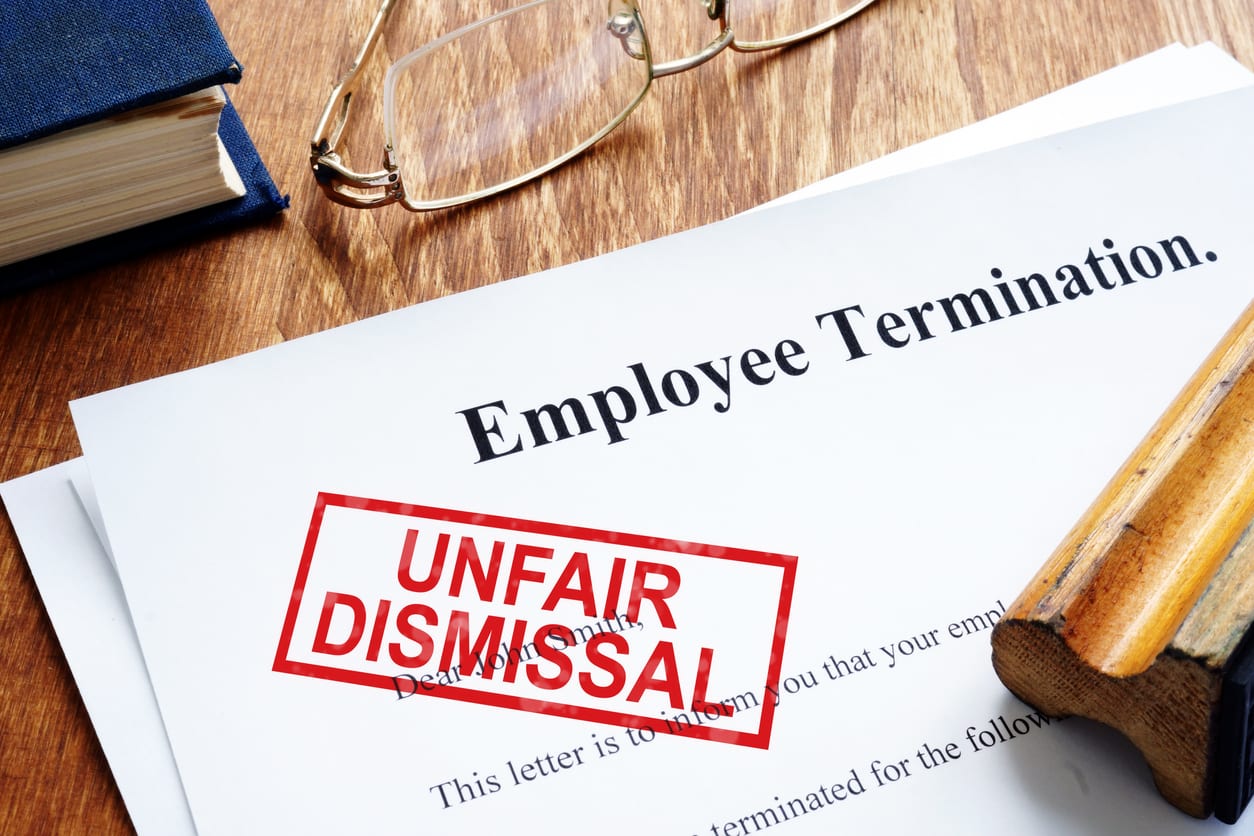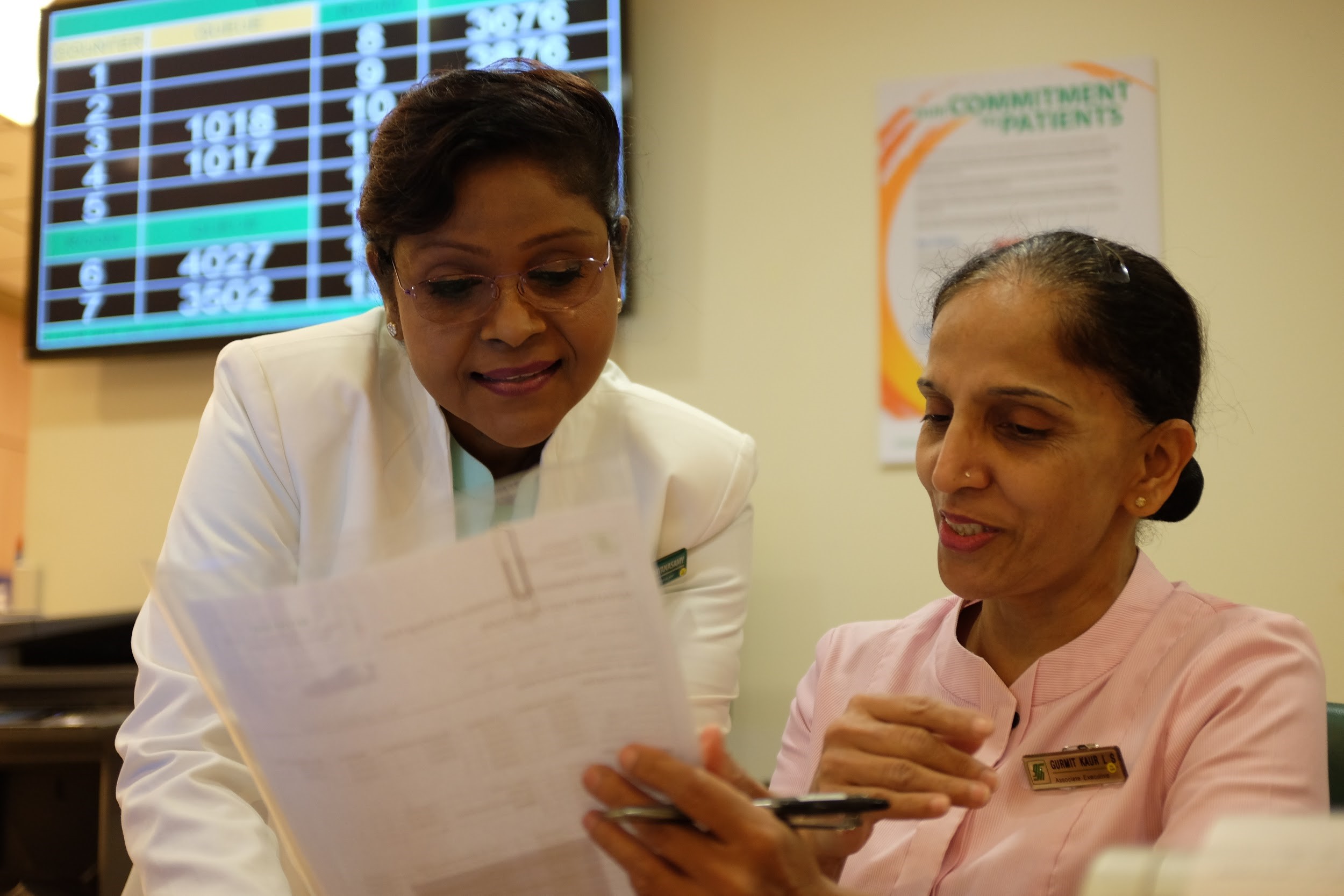Whether you're working a full time or temporary job, the Singapore job industry is not stagnant. This isn’t some “same sh*t, different day” situation. If you’re a fresh graduate looking to break into the working industry, then this is the perfect article for you!
In this article, we’ll cover the top things you didn’t know about Singapore’s job industry, this 2019.
1. Job Hopping is Not Uncommon Anymore

Your parents might chide you for it, but job-hopping is common in this day and age. The stigma of job-hopping is slowly turning its head amongst millennials. In fact, a 2016 survey revealed that younger employees choose to stay at their workplace on average, for less than 2 years.
Job hopping is slowly gaining more popularity as it allows millennials to learn new skills, gain more quality experience, as well as better pay. Nowadays, in Singapore, it’s all about career mobility either through full-time or temp jobs. You can learn more about the benefits of job-hopping and how to jump careers well with the readings below:
2. Contract Jobs are the Norm

The career landscape is slowly changing in Singapore. Contract jobs are no longer out of the ordinary, and many candidates are choosing to kick start their careers by taking up related contract jobs. A corporate role is a good entry point into multinational corporations (MNC) when perm vacancies are open.
Alternatively, candidates can use contract jobs to test out different careers and job positions they might be interested in. Not only do they get to dip their feet in their desired industry, but the position also does not require much time, allowing contract employees to leave when they want. We’ve written information about contract jobs in these articles below:
3. Employees Can Challenge Wrongful Dismissals

Thanks to the new tripartite guidelines established in April 2019, employers no longer have the upper hand. These include dismissals based on discrimination of any kind (i.e. based on racial or sexuality), punishing an employee for exercising their rights, or for falsified reasons.
If you believe that you’ve been wrongfully dismissed, you can bring your case up with an Employment Claims Tribunal. However, mediation must first be consulted by the organization’s HR staff as well as the Tripartite Alliance for Dispute Management (TADM). You can learn more about wrongful dismissals and your rights as an employee in Singapore here. Alternatively, check out these websites for more information:
4. Money and Benefits, Not as Important Anymore

Let’s be real, they do matter, just not as much as they did before. In fact, more and more young employees are willing to overlook salary and benefits in favour of “on the job” training. Additionally, employees from the Millennial and Gen Z groups are starting to apply for positions based on factors such as work schedules and friendly work culture instead.
In addition, a 2019 Conditions of Employment Reports released by the Ministry of Manpower states that more than 70% of employees in Singapore worked in companies that offer flexible work schedules.
Because of this, more and more job opportunities are starting to offer training and upskilling courses in exchange for lesser benefits and salary. More information on money and benefits available through these blog articles below:
5. Mid-Career Switches are No Longer Stigmatized

Mid-career switches were once frowned upon. I mean, who works at a respectable position and/or organization for more than a decade. Only to switch for a different position that pays less for longer hours?
However, the Singapore government is trying to destigmatize mid-career switches, opting to offer free training sessions to help mature candidates upskill instead. This 2019, mature candidates in Singapore are choosing to switch to booming industries such as Cyber Security, Finance, and Healthcare instead.
Those looking for free upskilling training courses and diplomas can do so here. The Singapore government has provided a range of scholarships such as SkillsFuture Mid-Career Enhanced Subsidy, Workfare Training Support (WTS), and NCSS’ grant. For mature workers looking to make a mid-career switch anytime soon, check out the readings below:
6. Retirement Age will be Pushed Back

For most of us in our mid-20s to early 30s, our retirement age might be pushed to a later age. For our parent’s generation, the 60s might be the standard age to retire. However, the younger generation’s age of retirement might be raised from the early 60s to 70s instead. With this in mind, it’s no wonder that many mature employees are choosing to make mid-career switches into some of Singapore’s booming industries.
Despite the raised age of retirement, the Singapore government is looking to instill measures to reinvent employment practices to make the working industry safe for senior citizens. More changes are also being made to help re-skill and subsequently deploy senior citizens.
7. Cyber Security and Tech are Singapore’s Booming Industries

Cyber Security and Tech are two of the many industries that are expected to boom for the next few years. Students looking for a safe career option in the future should apply to study either cyber security and/or tech in Polytechnic and University. For more information on how to break into Singapore’s expanding cyber security industry, click here.
What are some information that fresh graduates should know about Singapore’s current job industry? Let us know in the comments section below!
